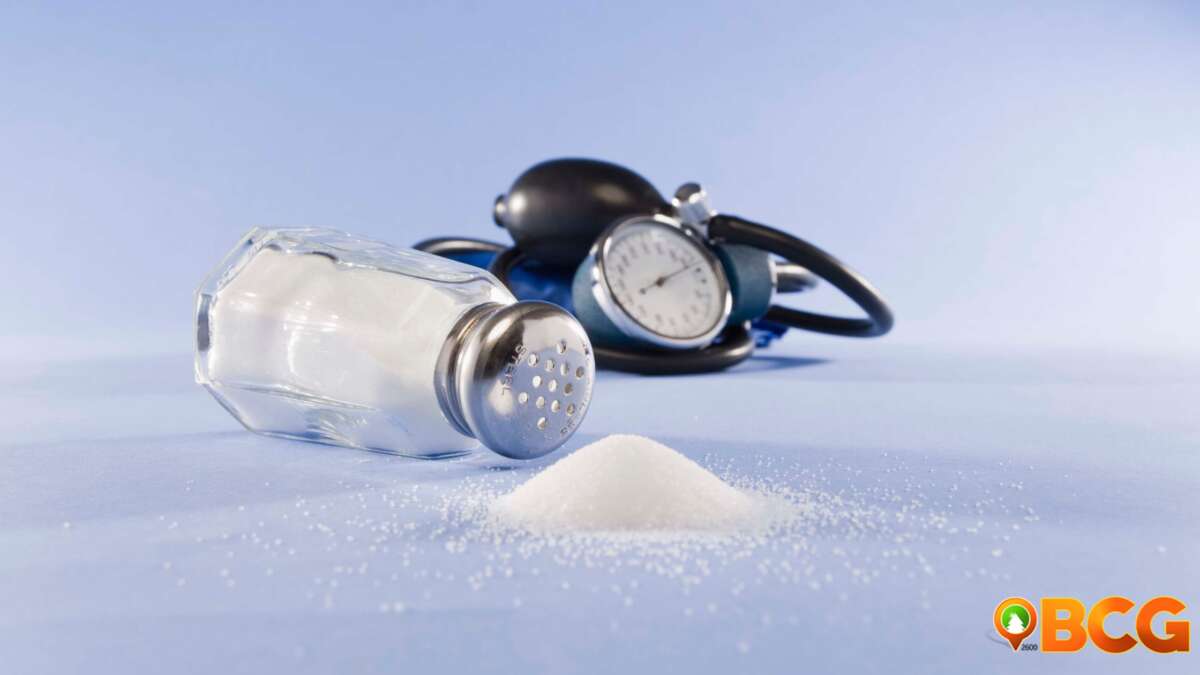Overeating at Christmas can cause weight gain – but that doesn’t necessarily mean it’s permanent
The holidays are a time of indulgence, with most celebrations centred on having festive food and drinks. It’s no wonder then that most people expect to gain some weight over Christmas.
Indeed, plenty of research suggests that people can gain a couple of kilos over the festive period. But whether this weight gain is only temporary or not depends on many factors.
First, it’s important to note that our body weight varies quite a lot from day to day. One study of three European countries suggested that adults tend to be 0.35% heavier on a Monday than they were the previous Friday.
This might be due to people eating differently at weekends. Or it could be down to natural fluctuations in our weight – with one study finding weight can change by an average of 1kg (2.2lb) in a single day thanks to activity levels, fluid retention and food intake.
But when it comes to the Christmas period, weight gain tends to fluctuate more. Research shows that at Christmas, people saw their weight increase by 1.35% on average (about 1.2kg or 3lb).
Research from Australia also shows that adults gain around 0.65% body weight over the Christmas period (which falls during their summer). This is particularly interesting, as the study found participants tended to weigh 0.23% less in the summer compared to the winter.
This suggests that Christmas weight gain may be solely down to overeating – not because people are exercising less during the cold winter months.
But is this weight gain actually due to an increase in body fat? Or is it simply because of bloating, fluid retention and having more food in our stomachs?
Calorie count
When looking at how much people eat on Christmas day itself, there’s little in the way of rigorous research.
But if we look at American Thanksgiving – a holiday similarly characterised by indulgence and overeating – research shows people eat around 3,960 calories at Thanksgiving dinner alone. This translates to an approximately 0.5kg (1.1lb) weight increase at the end of the Thanksgiving period.
That’s nearly double the daily recommended calorie requirements for the average adult woman and almost one-and-a-half times the recommended requirements for an adult man.
But just because it’s double the amount of calories we need, this doesn’t mean we may necessarily gain weight.

A post-dinner walk with family may off-set some of the calories – and help with digestion.
For example, it seems that, in general, men gain weight less easily than women, linked to differences in body composition and where fat tends to be stored. Other factors – including body size and weight as well as how much muscle you have, age and how physically active you are – can also affect how easily you might gain weight.
Additionally, your genes and some health conditions (such as an underactive thyroid) can influence how easy it is to gain weight.
So it’s possible that even if different people eat the same number of extra calories over Christmas, one person may gain more weight than the other.
Another consideration is that many of us are eating additional calories on more than just one day over the holidays. For some of us, the holiday indulgence begins in early December, or even late November. This increases the likelihood you’ll gain weight over the holidays.
But let’s say you’re only going to be indulging on Christmas day. It’s unlikely you can eat so much in a single day as to lead to significant weight gain. This is partly because of how our metabolism works – which balances itself over several days.
Still, you might feel that single day of overeating for a few days afterwards as a result – meaning you feel “heavier”, even if you haven’t actually gained weight. Also, if you do gain a little weight, once you go back to your normal routine your body weight will also go back to normal.
Even if you do gain weight at Christmas, research suggests this weight can also be lost after the holidays and your lifestyle settles down.
But if you do want to be mindful about what you eat during the holidays, as a dietitian I would suggest the following things.
- Be mindful. Your enjoyment of the holidays doesn’t have to be based on how much you eat – it can be about being in the moment and enjoying the holidays and food more mindfully. But when you do indulge, try to be mindful of how much you’re putting on your plate – don’t just snack without thinking.
- Eat plenty of veggies, salads and fruit. Save the calorie-rich festive treats as the highlight – rather than the main event of meals.
- Try to get a bit of exercise. A Christmas or Boxing day walk with family and friends can help to offset some of the calories and may also help with digestion and bloating.
If you still feel like you might have overindulged over Christmas, I would not recommend rushing into making New Year’s resolutions. Instead, I would encourage people to make small changes to their diet and physical activity levels, which are easy to stick to.
Duane Mellor, Lead for Evidence-Based Medicine and Nutrition, Aston Medical School, Aston University
This article is republished from The Conversation under a Creative Commons license. Read the original article.















